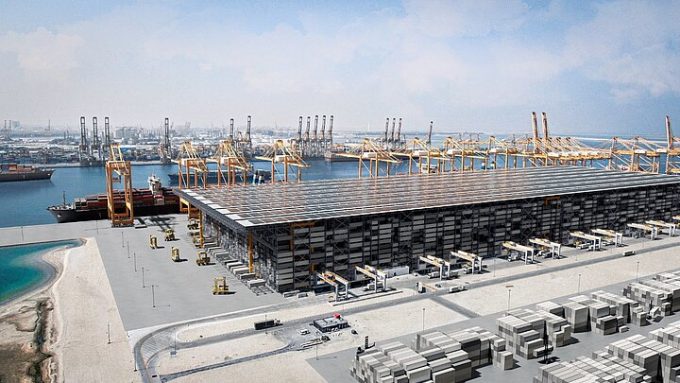Loadstar Podcast | TPM25 special: Under Trump's cloud - when it rains shipping news, it pours
Recorded live at TPM25 in Long Beach by host Mike King, and including additional reaction ...

Just-in-time shipping and high-bay container storage could be the answer to the global port congestion crisis.
According to Emre Cebecioglu, smart ports business development manager at Wartsila, port congestion is one of the biggest issues facing the container shipping industry, labelling it an “efficiency killer”.
“The maritime ...
Predatory rivals circle as the ripples from DSV's Schenker buy widen
Latest Israeli attack on Iran a threat to box ships in Straits of Hormuz
DHL Express facilities in Canada forced to shut down by strike
Industry concerns rise after yet another box ship on fire off Indian coast
New Middle East conflict brings airspace closures, flight chaos and oil price worry
More legal trouble in India for MSC: feeder vessel detained after box ship disasters
Return of downward pressure on container spot freight rates
BYD launches logistics subsidiary – and eyes ports and shipping sectors

Comment on this article